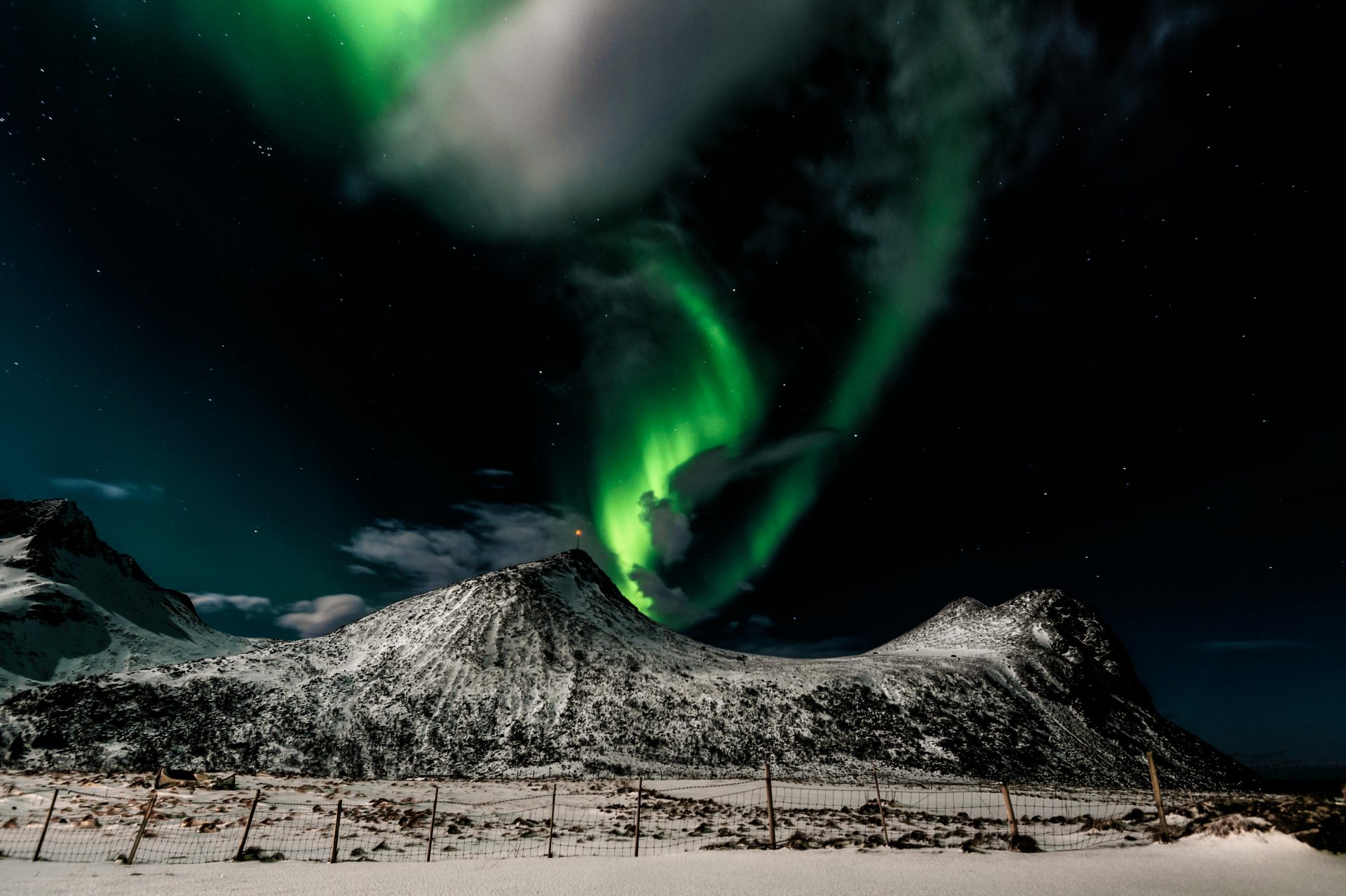Philosophical Debates on Reincarnation and Afterlife

Hey there, amazing readers! 🖐️ Just a quick note: yes, we know there are a lot of ads here. Trust us, we get it—it’s not the prettiest look, but they help us keep this blog alive and kicking. Those pesky little ads cover the costs of all the behind-the-scenes magic, from hosting and tech stuff to creating content we hope you’ll love.
We’re committed to delivering quality posts, and your support (even just sticking around despite the ads) means everything to us. So, bear with us, and thanks for helping us keep the good vibes rolling. Now, on to the fun stuff! 😉
TRANSLATE BUTTON AT THE END OF THE ARTICLE
A Quick Overview
The concept of reincarnation and the afterlife has been a topic of deep philosophical debate for centuries.
From Eastern beliefs in karma and rebirth to Western theories on resurrection and past lives, there are a plethora of perspectives on what happens after death.
This article will explore the various philosophical debates surrounding reincarnation and afterlife beliefs, touching on historical perspectives, cultural differences, scientific approaches, ethical considerations, and more.
Exploring the Concept of Reincarnation
Reincarnation is the belief that the soul or spirit of a person is reborn into a new body after death.
This theory suggests that individuals go through multiple cycles of birth, life, death, and rebirth until they reach a state of spiritual enlightenment or perfection.
The idea of reincarnation is often linked to the concept of karma, where one’s actions in past lives determine their fate in future existences.
Historical Perspectives on Rebirth
Historically, the concept of reincarnation has been prevalent in various ancient civilizations and religious traditions.
For example, in Hinduism and Buddhism, reincarnation is a fundamental belief that plays a central role in shaping moral conduct and spiritual evolution.
Greek philosophers like Pythagoras and Plato also explored the idea of the transmigration of souls, suggesting that the soul is immortal and undergoes multiple incarnations.
Different Cultural Beliefs on Afterlife
Cultural beliefs surrounding the afterlife vary widely across different societies and traditions.
While some cultures embrace the idea of reincarnation and karma, others have different views on what happens after death.
For instance, in Christianity, the belief in resurrection plays a significant role, with the promise of eternal life in heaven or hell based on one’s actions in the earthly realm.
Reincarnation in Eastern Philosophies
Eastern philosophies such as Hinduism, Buddhism, and Jainism have deep-rooted beliefs in reincarnation.
These traditions view life as a continuous cycle of birth, death, and rebirth, with the ultimate goal being to break free from the cycle of samsara and achieve spiritual liberation.
Reincarnation is seen as a way to learn and grow through successive lifetimes until enlightenment is reached.
Western Philosophers’ Views on Rebirth
In contrast to Eastern beliefs, Western philosophers have approached the concept of reincarnation with skepticism and debate.
While some, like Plato and Plotinus, entertained the idea of the soul’s immortality and transmigration, others, such as Descartes and Hume, rejected the notion of rebirth in favor of more materialistic views of the self.
The Western philosophical tradition has grappled with reconciling the idea of reincarnation with concepts of identity and consciousness.
Scientific Approaches to Past Lives
In recent years, there has been a growing interest in scientific research on past lives and reincarnation.
Some studies have explored cases of young children who claim to remember details of past lives with remarkable accuracy, leading researchers to investigate the possibility of reincarnation as a scientific phenomenon.
While the scientific community remains divided on the topic, these studies raise intriguing questions about the nature of consciousness and memory.
The Ethics of Reincarnation
Ethical considerations surrounding reincarnation and karma are central to many philosophical discussions on the topic.
The idea that one’s actions in this life can have repercussions in future incarnations raises questions about moral responsibility, justice, and the nature of free will.
Concepts of forgiveness, redemption, and atonement also come into play when considering the ethical implications of reincarnation beliefs.
Reincarnation vs. Resurrection
The debate between reincarnation and resurrection lies at the heart of many philosophical discussions on the afterlife.
While reincarnation suggests a cyclical process of rebirth and spiritual evolution, resurrection implies a one-time event of rising from the dead in a transformed state.
Different religious and philosophical traditions emphasize one over the other, with each belief system offering unique perspectives on what awaits individuals after death.
Near-Death Experiences and Afterlife
Near-death experiences (NDEs) have provided anecdotal evidence for the existence of an afterlife, with many individuals reporting vivid encounters with light, deceased loved ones, and a sense of peace and transcendence.
While skeptics attribute NDEs to neurochemical processes in the brain, proponents of the afterlife see these experiences as glimpses into the realm beyond death, offering hope and comfort to those who fear the unknown.
Skepticism and Criticisms of Reincarnation
Despite the enduring popularity of reincarnation beliefs, there are many skeptics and critics who raise valid concerns about the plausibility of such claims.
Questions about the lack of empirical evidence, the role of memory distortion, and the cultural influences on reported past-life memories challenge the validity of reincarnation as a verifiable phenomenon.
Philosophical debates continue to rage on, with skeptics and believers alike presenting compelling arguments for and against the concept of rebirth.
Philosophical Arguments for Rebirth
Proponents of reincarnation offer various philosophical arguments in support of the belief in rebirth.
From the idea of soul growth and evolution to the concept of justice and cosmic balance, proponents argue that reincarnation provides a framework for understanding the complexities of human existence and the mysteries of the afterlife.
The notion that each life is a stepping stone towards spiritual enlightenment and self-realization underpins many philosophical defenses of reincarnation.
Personal Reflections on Life After Death
In contemplating the mysteries of life after death, many individuals turn to personal reflections on their own beliefs and experiences.
Whether through encounters with NDEs, contemplation of religious teachings, or introspection on the nature of consciousness and identity, people grapple with existential questions about what lies beyond the physical realm.
These personal reflections shape one’s attitudes towards mortality, spirituality, and the meaning of life, offering a unique lens through which to explore the profound mysteries of reincarnation and the afterlife.
Conclusion
In conclusion, the philosophical debates on reincarnation and the afterlife are as diverse and complex as the beliefs themselves.
From ancient traditions to modern scientific inquiries, the concept of rebirth continues to intrigue and mystify thinkers across cultures and disciplines.
Whether through exploring historical perspectives, cultural beliefs, ethical considerations, or personal reflections, the quest to understand the mysteries of life after death remains a profound and enduring endeavor in the realm of philosophy and spirituality.
As we navigate the complexities of existence, the debates on reincarnation and afterlife beliefs offer us valuable insights into the nature of consciousness, identity, and the eternal journey of the soul.

The Enlightenment Journey is a remarkable collection of writings authored by a distinguished group of experts in the fields of spirituality, new age, and esoteric knowledge.
This anthology features a diverse assembly of well-experienced authors who bring their profound insights and credible perspectives to the forefront.
Each contributor possesses a wealth of knowledge and wisdom, making them authorities in their respective domains.
Together, they offer readers a transformative journey into the realms of spiritual growth, self-discovery, and esoteric enlightenment.
The Enlightenment Journey is a testament to the collective expertise of these luminaries, providing readers with a rich tapestry of ideas and information to illuminate their spiritual path.
Our Diverse Expertise 🌟
While our primary focus is on spirituality and esotericism, we are equally passionate about exploring a wide range of other topics and niches 🌍📚. Our experienced team is dedicated to delivering high-quality, informative content across various subjects ✨.
To ensure we provide the most accurate and valuable insights, we collaborate with trusted experts in their respective domains 🧑🏫👩🏫. This allows us to offer well-rounded perspectives and knowledge to our readers.
Our blog originally focused on spirituality and metaphysics, but we’ve since expanded to cover a wide range of niches. Don’t worry—we continue to publish a lot of articles on spirituality! Frequently visit our blog to explore our diverse content and stay tuned for more insightful reads.




















